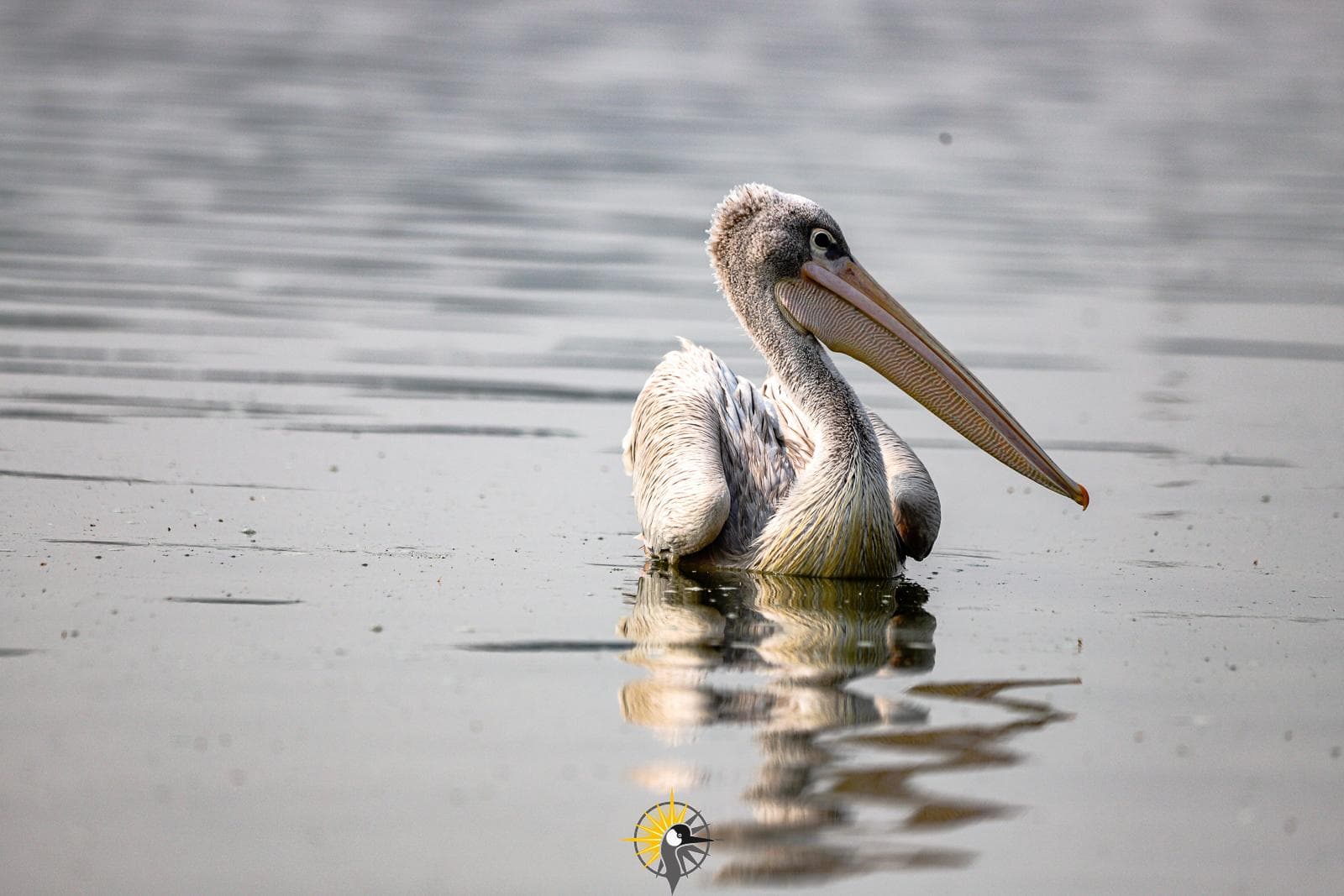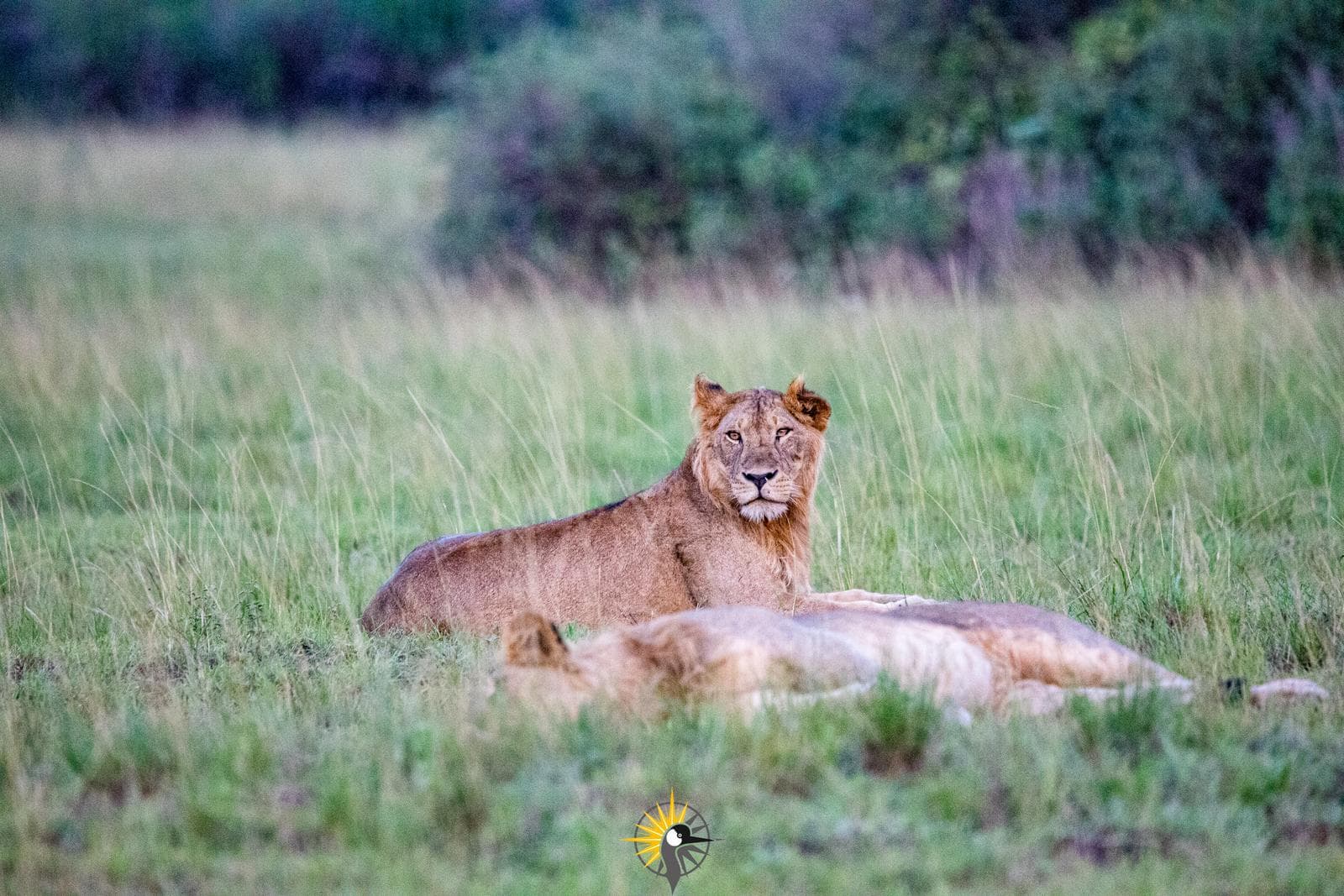Gorilla trekking in Rwanda is a once-in-a-lifetime adventure, offering a unique opportunity to get up close and personal with some of the world's most majestic creatures. Nestled in the misty mountains of Volcanoes National Park, Rwanda's gorilla population provides an awe-inspiring experience for nature lovers and adventure seekers alike. However, preparing for a successful trek involves more than just enthusiasm. This comprehensive guide will provide you with essential tips and travel advice to ensure your gorilla trekking experience in Rwanda is unforgettable.
1. Understanding Gorilla Trekking in Rwanda
Why Rwanda?
Rwanda is one of the best places in the world for gorilla trekking, thanks to its rich biodiversity and well-protected national parks. Volcanoes National Park is home to over half of the world’s mountain gorilla population, making it the prime location for this activity. The park’s close proximity to Kigali, Rwanda's capital, also makes it an accessible destination for travelers.
The Importance of Conservation
Gorilla trekking is more than just an adventure; it's also a critical part of Rwanda's conservation efforts. The fees collected from permits and tourism support the protection of these endangered animals and their habitat. It's important to approach this experience with respect and awareness of its impact on conservation.
2. Planning Your Gorilla Trekking Adventure
When to Go
Rwanda offers gorilla trekking year-round, but the best times are during the dry seasons: from June to September and December to February. During these periods, the trails are less muddy, making the trek easier and more enjoyable. However, be prepared for unpredictable weather as Rwanda’s mountainous regions can experience rainfall at any time.
Booking Permits
A gorilla trekking permit is required for each participant and must be booked in advance. The number of permits is limited to ensure minimal impact on the gorillas, so it's advisable to secure yours several months ahead of your trip. As of 2024, a permit costs $1,500 per person. This fee includes the trekking experience and a guided tour, with proceeds going toward gorilla conservation efforts.
Choosing the Right Trek
Different trekking routes in Volcanoes National Park offer varying levels of difficulty. Some treks are more challenging, involving steep climbs and dense vegetation, while others are relatively easier. When booking your trek, consider your fitness level and preferences. The park rangers can help match you with a trek that suits your abilities.
3. Preparing for Your Trek
Physical Fitness
Gorilla trekking can be physically demanding, often involving several hours of hiking through rugged terrain. It's important to be in good physical condition to fully enjoy the experience. Consider engaging in regular cardio and strength training exercises before your trip to build stamina and endurance.
What to Pack
Packing the right gear is crucial for a successful trek. Here’s a checklist of essential items:
- Sturdy Hiking Boots: Invest in a pair of comfortable, waterproof hiking boots with good ankle support.
- Lightweight Rain Jacket: The weather can change rapidly in the mountains, so a lightweight, waterproof jacket is a must.
- Long-Sleeved Shirts and Trousers: These will protect you from insect bites and thorny plants.
- Gardening Gloves: These can be helpful when grabbing onto vegetation for support during steep climbs.
- Waterproof Backpack: A small, durable backpack to carry your essentials like water, snacks, and extra clothing.
- Camera with Telephoto Lens: A camera with a good zoom is ideal for capturing close-up shots of the gorillas without disturbing them.
- Binoculars: While you’ll get close to the gorillas, binoculars are great for spotting other wildlife.
- Insect Repellent and Sunscreen: Essential for protection against mosquitoes and the sun’s rays.
Health Precautions
Before embarking on your trek, ensure you're in good health. Consult your doctor about vaccinations and medications recommended for travel to Rwanda, such as malaria prophylaxis. Additionally, gorillas are susceptible to human illnesses, so if you're feeling unwell on the day of your trek, it’s important to notify your guide and avoid participating.
4. The Gorilla Trekking Experience
On the Day of the Trek
Your gorilla trekking adventure will begin early in the morning. After a briefing at the park headquarters, you’ll be assigned to a small group of trekkers, typically no more than eight people, along with a guide and trackers. These experts will lead you through the forest, following signs of gorilla activity until you find a family of these incredible creatures.
The Trekking Journey
The trek can last anywhere from one to eight hours, depending on the location of the gorillas. As you hike through the dense forest, you'll encounter breathtaking scenery, from bamboo groves to moss-covered trees. The trek can be physically challenging, with steep inclines and slippery paths, but the anticipation of seeing the gorillas keeps spirits high.
Encountering the Gorillas
The moment you come face-to-face with a gorilla family is indescribable. You’ll have about an hour to observe them in their natural habitat, watching as they interact, eat, and play. It’s important to remain quiet and follow your guide’s instructions to ensure the safety and comfort of both the gorillas and your group.
Photography Etiquette
While capturing this unforgettable moment is important, it’s crucial to do so responsibly. Keep a safe distance, avoid using flash photography, and limit the noise your camera makes. This ensures the gorillas are not disturbed by your presence.
5. Post-Trek Advice
Supporting Local Communities
After your trek, consider exploring the local communities around Volcanoes National Park. Purchasing souvenirs, dining at local restaurants, or even participating in cultural tours helps support the local economy and conservation efforts. Many local businesses are directly involved in gorilla conservation, so your contributions make a difference.
Trekking Safety
Although Rwanda is a safe country to visit, it’s always wise to take basic precautions. Travel with a reputable tour operator, stay in well-reviewed accommodations, and avoid displaying valuables in public. Always follow the advice of your guide and the park rangers during the trek.
Respecting Wildlife and Nature
Your experience in Volcanoes National Park is not just about gorillas. The park is home to a variety of wildlife and plant species, all of which play a role in the ecosystem. Tread lightly, avoid littering, and respect the natural environment. This not only ensures a safe trek for you but also preserves the park for future visitors.
6. Additional Travel Tips for Rwanda
Visa Requirements
Most visitors to Rwanda will need a visa, which can be obtained online through the Rwanda eVisa platform or on arrival at the airport. Make sure your passport is valid for at least six months from the date of entry.
Currency and Payments
The Rwandan Franc (RWF) is the local currency, though US dollars are widely accepted, especially for larger transactions. Credit cards are increasingly accepted in major towns and at hotels, but it’s a good idea to carry some cash, especially in remote areas.
Language
Kinyarwanda, French, and English are the official languages of Rwanda. While English is widely spoken in tourist areas, learning a few phrases in Kinyarwanda can enhance your interactions with locals and show respect for the culture.
Accommodation
Rwanda offers a range of accommodation options near Volcanoes National Park, from luxury lodges to budget-friendly guesthouses. It’s advisable to book your stay well in advance, especially during peak trekking seasons. Many lodges offer packages that include meals, guided tours, and sometimes even the trekking permits.
Transport
Most visitors arrange transport through their tour operators, who provide 4x4 vehicles for the journey to Volcanoes National Park. If you’re traveling independently, renting a car is an option, but be prepared for rough roads. Public transport is available but not always reliable for reaching remote areas.
Cultural Sensitivity
Rwanda is known as the "Land of a Thousand Hills," but it’s also a land rich in culture and history. The Rwandan people are known for their warmth and hospitality, and as a visitor, it’s important to show respect for local customs and traditions. Dress modestly, ask for permission before taking photos of people, and be mindful of Rwanda’s tragic history, particularly when visiting memorial sites related to the 1994 genocide.
Conclusion
Gorilla trekking in Rwanda is an adventure that combines excitement, physical challenge, and profound connection with nature. By following the tips and advice outlined in this guide, you’ll be well-prepared to make the most of this unique experience. Remember that gorilla trekking is not just about the thrill of seeing these magnificent creatures but also about contributing to their conservation and supporting local communities. With the right preparation, your journey into the heart of Rwanda’s wild landscapes will be an unforgettable experience that leaves a lasting impact.
This article provides a detailed overview of everything you need to know about gorilla trekking in Rwanda, ensuring that your adventure is both enjoyable and responsible. Whether you're a seasoned traveler or embarking on your first wildlife expedition, these tips will help you make the most of your visit to one of Africa's most remarkable destinations.
0 Comments
Write your comment
Top safaris

21 Days Epic East Africa safari, gorilla trekking in Bwindi, Big Five safaris and Zanzibar Beach escape

6 Days Uganda wildlife and gorilla tracking budget tour

7 Days Mountain and Lowland Gorilla Tracking in Rwanda and DR Congo.
News and Updates

Birding in Queen Elizabeth National Park, A 7-Day Adventure with Musana Tours & Travel
Discover birding in Queen Elizabeth National Park on a 7-day guided safari. Spot shoebills, pelicans & raptors with Musana Tours & Travel.
Read more
Gorilla trekking vs chimpanzee tracking, which should you choose?
Gorilla trekking vs chimpanzee tracking in Uganda—compare experiences, costs, and best parks to choose the perfect primate safari adventure.
Read more
Best time to visit Uganda for wildlife
Discover the best time to visit Uganda for wildlife, from gorilla trekking to savannah safaris, with expert seasonal insights from Musana Tours & Travel.
Read more
